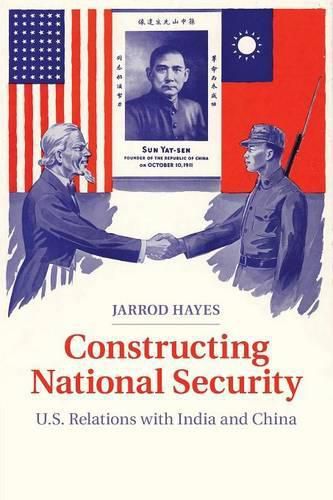Readings Newsletter
Become a Readings Member to make your shopping experience even easier.
Sign in or sign up for free!
You’re not far away from qualifying for FREE standard shipping within Australia
You’ve qualified for FREE standard shipping within Australia
The cart is loading…






Jarrod Hayes explores why democracies tend not to use military force against each other. He argues that democratic identity - the shared understanding within democracies of who ‘we’ are and what ‘we’ expect from each other - makes it difficult for political leaders to construct external democracies as threats. At the same time, he finds that democratic identity enables political actors to construct external non-democracies as threats. To explore his argument, he looks at US relations with two rising powers: India and China. Through his argument and case studies, Professor Hayes addresses not just the democratic peace but also the larger processes of threat construction in international security, the role of domestic institutions in international relations, and the possibility for conflict between the United States and the world’s two most populous countries.
$9.00 standard shipping within Australia
FREE standard shipping within Australia for orders over $100.00
Express & International shipping calculated at checkout
Jarrod Hayes explores why democracies tend not to use military force against each other. He argues that democratic identity - the shared understanding within democracies of who ‘we’ are and what ‘we’ expect from each other - makes it difficult for political leaders to construct external democracies as threats. At the same time, he finds that democratic identity enables political actors to construct external non-democracies as threats. To explore his argument, he looks at US relations with two rising powers: India and China. Through his argument and case studies, Professor Hayes addresses not just the democratic peace but also the larger processes of threat construction in international security, the role of domestic institutions in international relations, and the possibility for conflict between the United States and the world’s two most populous countries.